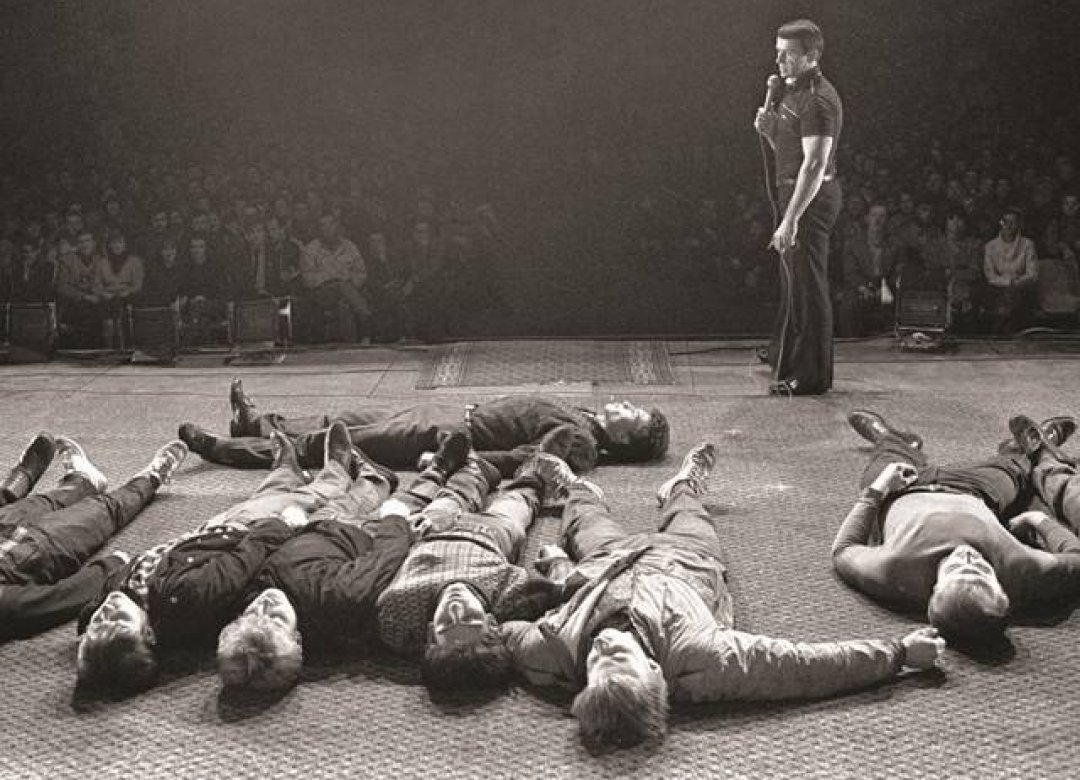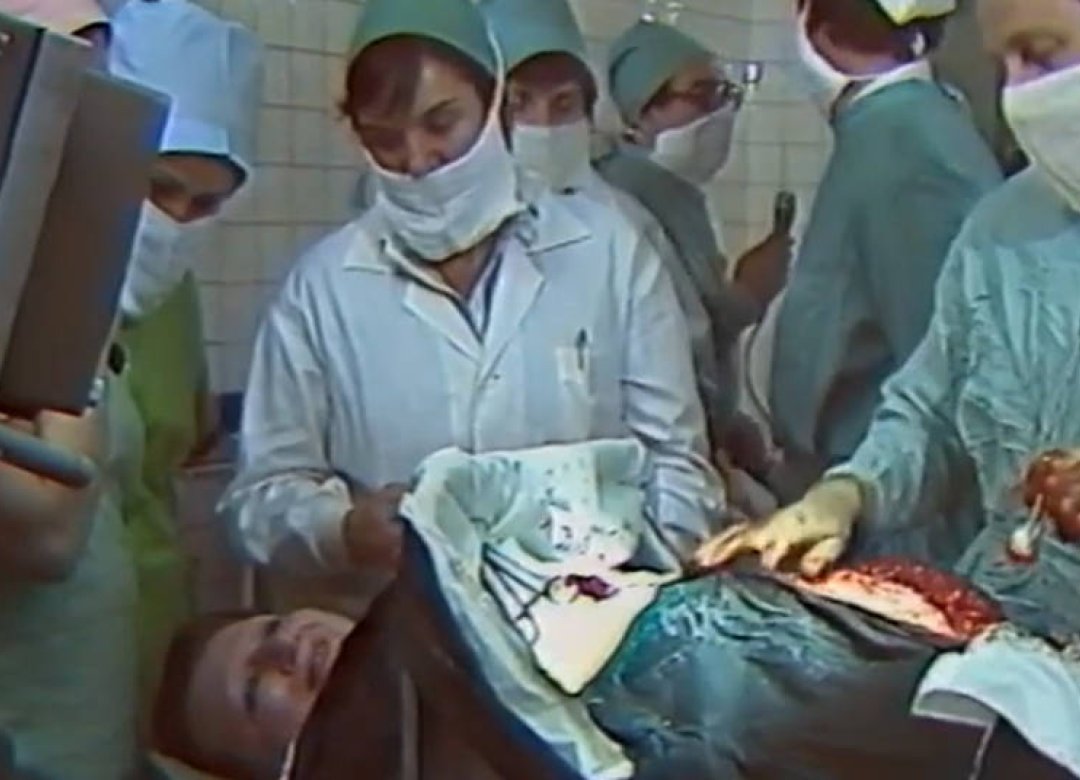Synopse
A surreal journey into the life of Dr Kashpirovsky, a man who at the end of the 80s became famous for his remarkable achievements, such as sedating three women through the sheer power of persuasion so they could undergo major surgical operations live on television. He also convinced Shamil Basayev, the Chechen terrorist behind the Beslan attack, to release 1,500 hostages. But Kashpirovsky's current day-to-day life is only a shadow of his past. Living in a small apartment, he runs a YouTube channel where he live streams speeches, clashes with his haters, and occasionally – produces homemade weight-lifting videos. Despite being once a Soviet icon, he is half Polish and half Ukrainian, living with a Tatar woman from Crimea. He, who claims to have cured millions is now grappling with his own health and mortality, but he still plans to revive his stage career with a grand show in the capital of Kazakhstan. The questions loom: will people show up? Who are they, and what do they expect? When he finally faces the audience, we will discover whether he still possesses his charisma or if he will be exposed as a charlatan.
The film also transports the audience to Kashpirovsky's past, to an era in which spirituality, suppressed by the regime for decades, suddenly and unexpectedly flourished, captivating the public. How did an entirely unknown man secure a show on the main state-controlled channel and become more popular than Gorbachev overnight? And what does his sudden rise to the top tell us about the power of television propaganda? Throughout the film, we encounter a fascinating lineup of characters, including former president and Nobel Peace Prize laureate Lech Wa$/sa; Kashpirovsky's first manager, who has since become a millionaire and a media mogul; the women who was operated without anaesthesia; or a psychiatrists working at Europe's largest psychiatric hospital in Vinnitsa, who continue to use hypnosis to heal traumatised patients and refugees.
The film also transports the audience to Kashpirovsky's past, to an era in which spirituality, suppressed by the regime for decades, suddenly and unexpectedly flourished, captivating the public. How did an entirely unknown man secure a show on the main state-controlled channel and become more popular than Gorbachev overnight? And what does his sudden rise to the top tell us about the power of television propaganda? Throughout the film, we encounter a fascinating lineup of characters, including former president and Nobel Peace Prize laureate Lech Wa$/sa; Kashpirovsky's first manager, who has since become a millionaire and a media mogul; the women who was operated without anaesthesia; or a psychiatrists working at Europe's largest psychiatric hospital in Vinnitsa, who continue to use hypnosis to heal traumatised patients and refugees.
Fotogalerie


